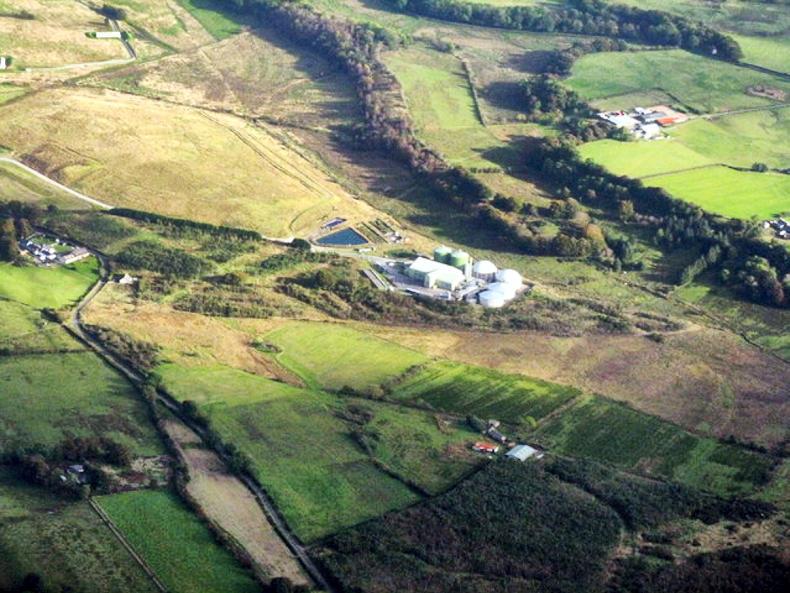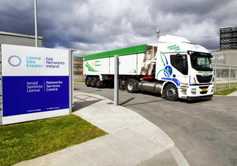Scotland’s 31 agricultural anaerobic digesters (AD) are consuming 2.9m tonnes of distillery byproducts, along with 231,000t of crops every year.
This demand is already having a significant impact on the availability of distillery byproducts and increasing prices of silage and straw.
Scotland’s farmers have seen prices rise by 40% in the last three years, with pot ale being quoted as rising from around £55/t up to £75/t. Furthermore, farmers in Ayrshire have seen some products come off the market completely.
Aberdeenshire beef and sheep farmer Bruce Walker said he has noticed increased prices as a result of the growth of AD plants.
“This a startling figures to see such a volume of distillery byproducts going into AD plans. It doesn’t take a genius to work out that increased demand and reduced supply will put prices up in the future and cause issues with availability. Furthermore, this is not to mention the volume of product being burnt in biomass plants.
“It is important to remember that this is a popular source of non-GM protein, which is a stipulation to supplying a number of retailers,” said Walker.
Industry view
Charlotte Morton, CEO of the Anaerobic Digesters and Bio Resources Association, said farmers’ incomes as well as the overall economy are benefiting from more digesters being built.
“There are now over 50 operational AD plants spread across Scotland ... with more than half of these plants commissioned within the last three years. The Scottish AD market is now worth £66m and set to grow further as farmers, businesses and government see firsthand the multiple benefits that biogas delivers,” Morton explained.
A biodigester is like a mechanical stomach. It is fed with organic material, which is broken down (decomposed) by micro-organisms (bacteria) is an oxygen-free (anaerobic) environment to produce electricity, gas and heat along with the waste digestate, which is used as a fertilisers.






 This is a subscriber-only article
This is a subscriber-only article










SHARING OPTIONS: